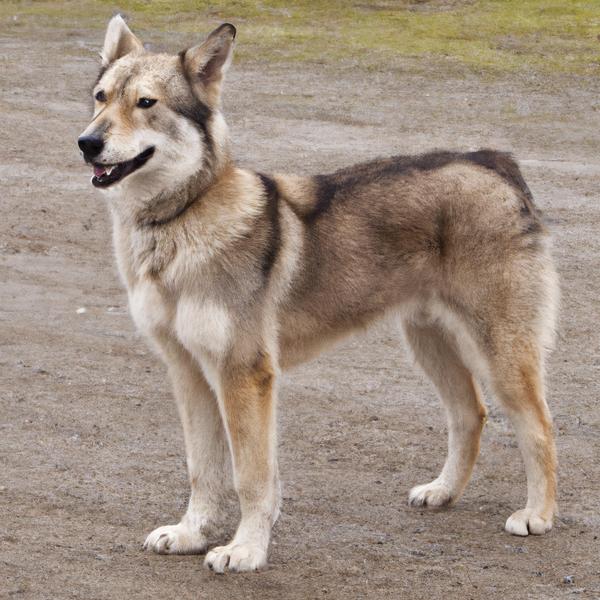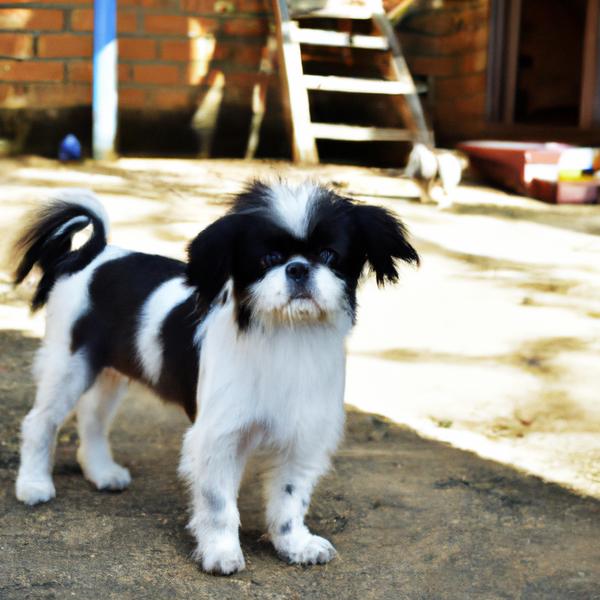Elk-Kee vs. ShiChi: Breed Differences and Similarities
Hypoallergenic
Are Elk-Kees or ShiChis hypoallergenic, or neither?
Unfortunately, neither Elk-Kee nor ShiChi are hypoallergenic, which may not make them the best choice for dog lovers who suffer from pet allergies.
Temperament
What are the personalities of Elk-Kee and ShiChi dogs?
Playful
Agile
Alert
Intelligent
Obedient
Loyal
Quick
Strong
Willed
Bold
Bright
Sturdy
Active
Playful
Happy
Alert
Courageous
Intelligent
Friendly
Outgoing
Quick
Devoted
Lively
Gentle
Shedding Level
Do Elk-Kees shed more than ShiChis, or which breed sheds more, Elk-Kees or ShiChis?
Elk-Kees shed a lot of hair each year, so frequent brushing is essential for reducing shedding and maintaining coat health.
ShiChis shed very little hair, making them a great choice for those who dislike excess hair in the house.
Origin
What is the origin of Elk-Kee and ShiChi dog breeds?
United States
United States
Ancestry
What are the origins of Elk-Kee and ShiChi breeds?
Norwegian Elkhound and Keeshond
Chihuahua and Shih Tzu
Breed recognition
Which kennel clubs recognize/register Elk-Kee and ShiChi?
ACHC = American Canine Hybrid Club
DRA = Dog Registry of America, Inc.
ACHC = American Canine Hybrid Club
DBR = Designer Breed Registry
DDKC = Designer Dogs Kennel Club
DRA = Dog Registry of America, Inc.
IDCR = International Designer Canine Registry®
Date of Birth
When were Elk-Kee and ShiChi breeds first developed?
Unknown
Eye Color Possibilites
What are the eye colors of Elk-Kee and ShiChi dogs?
Brown
Brown
Nose Color Possibilites
What are the natural nose colors of Elk-Kee and ShiChi?
Black
Black
Isabella
Coat Color Possibilites
What are the natural colors of the coat for Elk-Kee and ShiChi breeds?
Black
Silver
Gray
Cream
Cream
White
Black
Fawn
Brown
Coat Texture
What is the hair texture of Elk-Kee and ShiChi?
Straight
Litter Size
What is the usual litter size for Elk-Kee and ShiChi?
An Elk-Kee can have a litter of 5-10 puppies on average. However, it's worth noting that the size of the litters can vary greatly. Factors that can influence litter size include the health of the mother, breeding history, and genetics.
A ShiChi can have a litter of 2-5 puppies on average. However, it's worth noting that the size of the litters can vary greatly. Factors that can influence litter size include the health of the mother, breeding history, and genetics.
Adaptability
Elk-Kee and ShiChis are known for their adaptability and versatility. They are capable of adapting well to a wide range of lifestyle changes and living environments, making them great companions for families and individuals of all lifestyles.
Health Issues
Between Elk-Kee and ShiChi, which breed is more prone to health problems?
While the Elk-Kee breed is generally healthy, occasional vet check-ups are still necessary to address any health concerns.
ShiChis typically have low vet costs due to their good health, but it's important to monitor their health and seek vet care when necessary.
Major Concerns
What are the major health concerns for Elk-Kee and ShiChi breeds?
Patellar Luxation
Fanconi Syndrome
Hip Dysplasia
Addison's Disease
Progressive Retinal Atrophy (PRA)
Hip Dysplasia
Hydrocephalus
Minor Concerns
What minor health issues should be kept in mind when owning Elk-Kee and ShiChi?
Sebaceous Adenitis
Epilepsy
Diabetes
Von Willebrand's Disease
Hypothyroidism
Patellar Luxation
Distichiasis
Cataracts
Glaucoma
Brachycephalic Syndrome
Dental Problems
Occasional Tests
What occasional tests are recommended for Elk-Kee and ShiChi breeds?
X-Rays
MRI
CT Scan
Physical Examination
Urinalysis
Complete Blood Work
Serum Chemistry
Spinal Tap
Neurologic Exam
Ophthalmic Examination
Eye Examination
Dental Examination
Radiographs
Full Physical Examination
Social Needs
Elk-Kee vs ShiChi social needs comparison
Elk-Kee has above average social needs and thrives with interaction with humans and other dogs.
ShiChi has very high social needs and requires regular mental and physical stimulation, a job or purpose, and companionship.
Sleeping Need
Which of the two sleeps the most/least: Elk-Kee or ShiChi?
Elk-Kees sleep less than other breeds but still need adequate sleep for good health.
ShiChis are known for their relaxed and calm nature and enjoy long periods of sleep.
Mouthiness
Mouthiness Comparison: Elk-Kee vs ShiChi?
Roaming urge
Elk-Kee vs Labrador: Running away tendency?
Prey Drive
Elk-Kee or ShiChi - which breed has a higher level of prey drive?
Activity Level
Which breed has higher energy, Elk-Kees or ShiChis?
Elk-Kees are high-energy dogs. They need mental as well as physical exercise. These dogs require a lot of your involvement and without it they can, and will, become problematic dogs.
ShiChis are low-energy dogs. This breed make a great companion for a relatively inactive person. ShiChi dogs require a few short daily walks, and then they're happy snuggling next to you for the rest of the day.
Tolerance of being left alone
Walks per Week
How many miles should Elk-Kee or ShiChi walk each week?
There's really no limit to how far you walk your dog as long as they're comfortable. For Elk-Kee, it's at least 12 miles / week. Just remember to build distance and stamina gradually over time.
There's really no limit to how far you walk your dog as long as they're comfortable. For ShiChi, it's at least 4 miles / week. Just remember to build distance and stamina gradually over time.
Activity per Day
Do Elk-Kees or ShiChis require more exercise?
In general most Elk-Kees usually need at least 60 minutes of exercise daily. This can be spread across the day and include all sorts of high-energy activities, like walking, running and playing.
In general most ShiChis usually need at least 25 minutes of exercise daily. This can be spread across the day and include all sorts of high-energy activities, like walking, running and playing.
Grooming
Which breed is easier to maintain in terms of grooming, Elk-Kees or ShiChis?
Elk-Kees require significant grooming, including regular trims and professional grooming assistance to maintain their coat. They may also require frequent bathing to keep their coat and skin healthy.
The ShiChi requires an average amount of grooming compared to other breeds.
Brushing Frequency
What is the recommended brushing frequency for Elk-Kee and ShiChi dogs?
Elk-Kee and ShiChi should be brushed at least once a week. Of course, you can give them more frequent brushes if you find that they are still shedding a lot.
Brushing Tools
What brushing tools are used for Elk-Kees and ShiChis?
Slicker Brush
Nail Clipper
Pin Brush
Deshedder
Nail Clipper
Cups
How much food should be given to Elk-Kee or ShiChi in cups?
For an average 35-45 pound (16 - 20 kg) Elk-Kee feed 3 cups daily. But, keep in mind, the amount you feed is going to be dependent on the quality of the food you are feeding.
For an average 5-12 pound (2 - 5 kg) ShiChi feed 1 cups daily. But, keep in mind, the amount you feed is going to be dependent on the quality of the food you are feeding.
Daily Cost
Which breed has a higher daily cost, Elk-Kee or ShiChi?
The average cost of an Elk-Kee is somewhere $1.70 - $2.00 per day.
The average cost of a ShiChi is somewhere $1.10 - $1.40 per day.
Monthly Cost
Which breed has a higher monthly cost, Elk-Kee or ShiChi?
The average per month expenses of an Elk-Kee is between $48 - $63. This makes an average of $576 - $756 per year. It will be on the higher side when the dog is still small because it will need more frequent visits to the vet, shots.
The average per month expenses of a ShiChi is between $28 - $35. This makes an average of $336 - $420 per year. It will be on the higher side when the dog is still small because it will need more frequent visits to the vet, shots.
Sensitivity Level
How do Elk-Kee and ShiChi compare in sensitivity?
This breed is sensitive to its environment and best suited for patient and understanding families with a consistent routine.
This breed is sensitive and requires gentle handling and a calm home environment.
Apartment Friendly
Which breed is more apartment-friendly: Elk-Kee or ShiChi?
Elk-Kees are good apartment dogs as long as they get enough exercise and stimulation outside of the apartment.
ShiChis make excellent apartment dogs, being fairly active indoors and not requiring a yard.
Child Friendly
Do Elk-Kees or ShiChis have a friendlier temperament towards children?
Elk-Kees are good with kids if socialized and trained from a young age.
ShiChis are not the best choice for families with kids.
Senior-friendly
Which dog is more suitable as a pet for the elderly - Elk-Kee or ShiChi?
Cat Friendly
Do Elk-Kee or ShiChi breeds have a better compatibility with cats?
Elk-Kees are good with cats, but early training is needed to prevent chasing behavior.
ShiChis are very friendly with cats and make great companions for them.
Dog Friendly
Which breed is more sociable with other dogs: Elk-Kee or ShiChi?
Elk-Kees and ShiChis are friendly, active and loyal companions. They generally love to be around other dogs, making them a good family pet for some.
Pet friendly
How do Elk-Kee or ShiChi dogs interact with other pets?
Stranger Friendly
Which breed is more friendly with strangers: Elk-Kee or ShiChi?
Elk-Kees are friendly but may bark at strangers, and training is easy due to their intelligence.
ShiChis are averagely friendly around strangers but benefit from early socialisation.
Playfulness
Which breed is more playful between Elk-Kee and ShiChi?
Elk-Kee and ShiChi have an average level of playfulness. Like other dogs, they enjoy playing, but they are not the most playful dog breed.
Trainability
How do the trainability levels of Elk-Kees and ShiChis compare?
Elk-Kees are popular for their ease of training and quick learning ability.
ShiChis are usually easy to train but require consistency to fully obey commands.
Compare Elk-Kee with other breeds
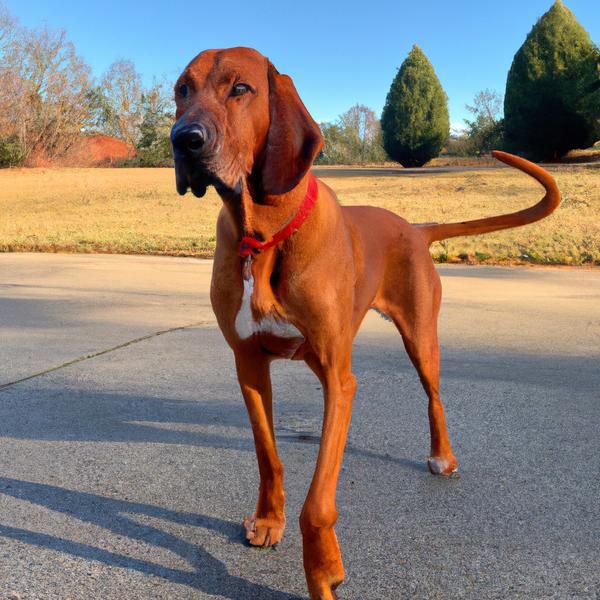
Redbone Coonhound
Elk-Kee vs Redbone Coonhound

Froodle
Elk-Kee vs Froodle
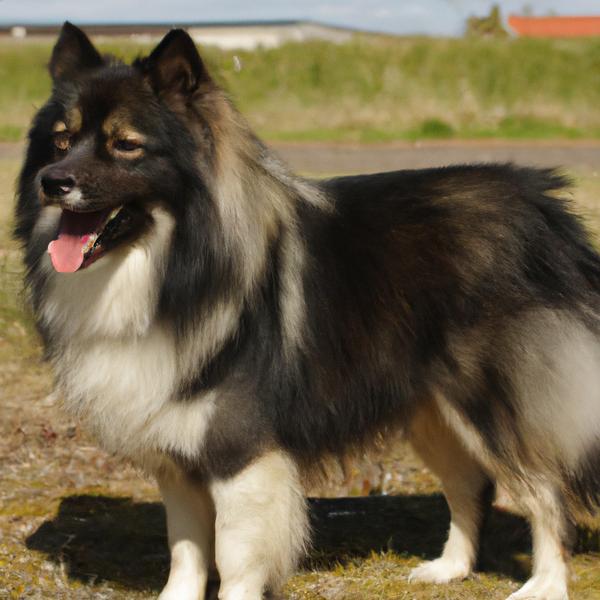
Eskland
Elk-Kee vs Eskland
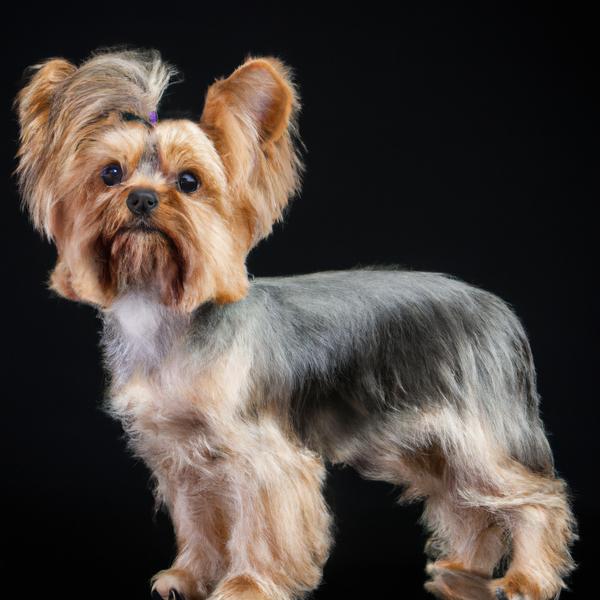
Miniboz
Elk-Kee vs Miniboz
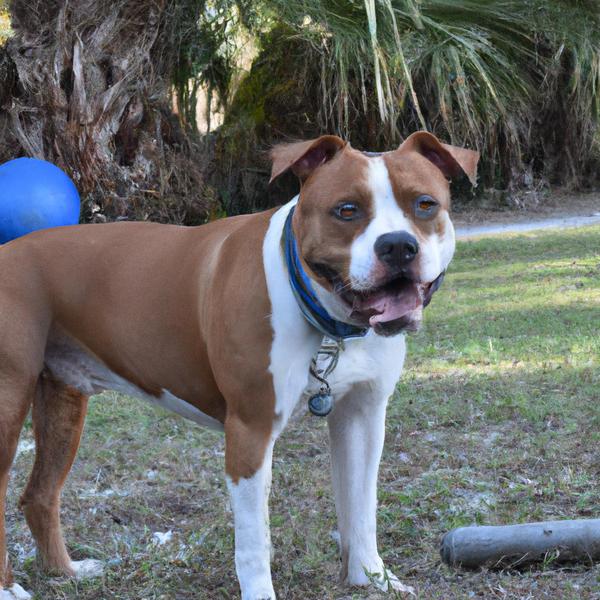
Bostillon
Elk-Kee vs Bostillon
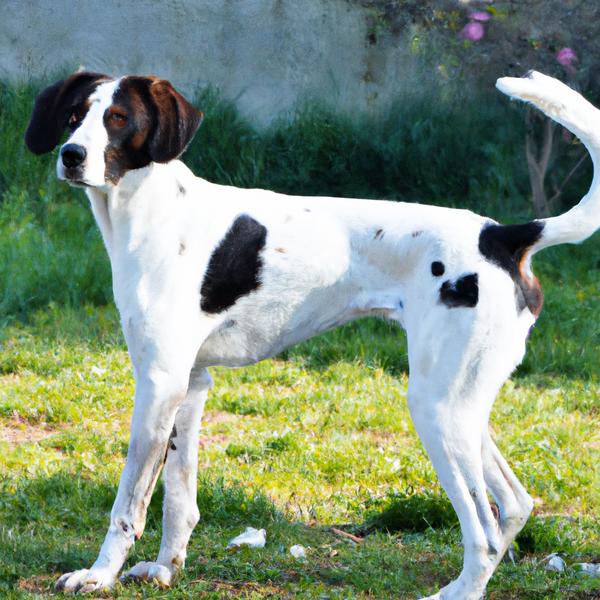
Dualanese
Elk-Kee vs Dualanese
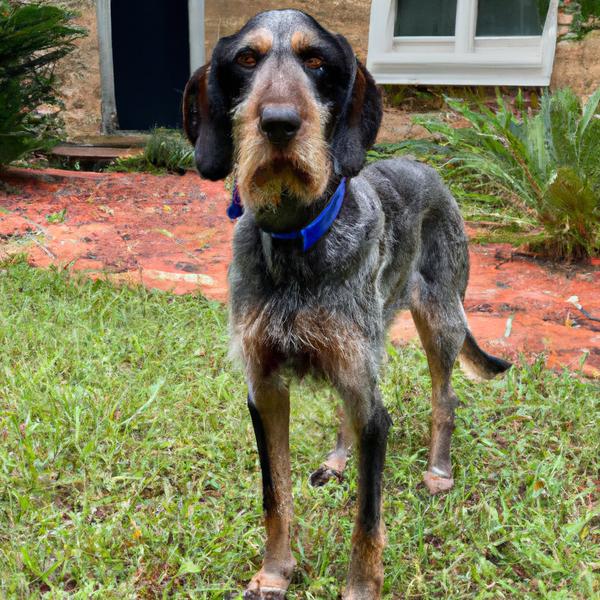
Bluetick Coonoodle
Elk-Kee vs Bluetick Coonoodle
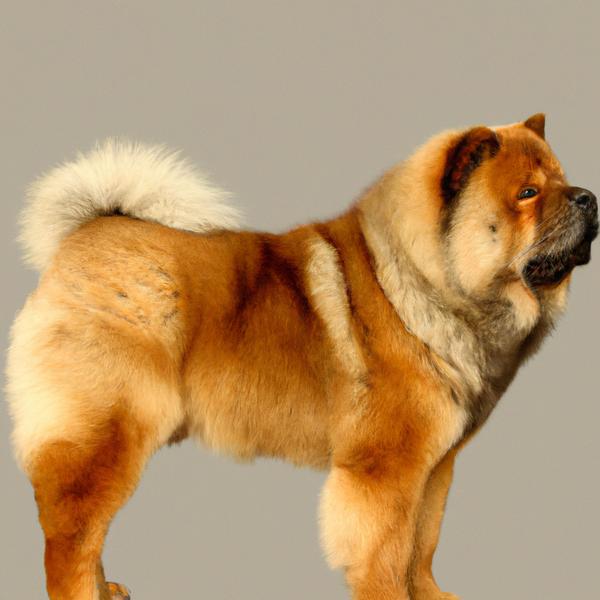
Chow Shepherd
Elk-Kee vs Chow Shepherd
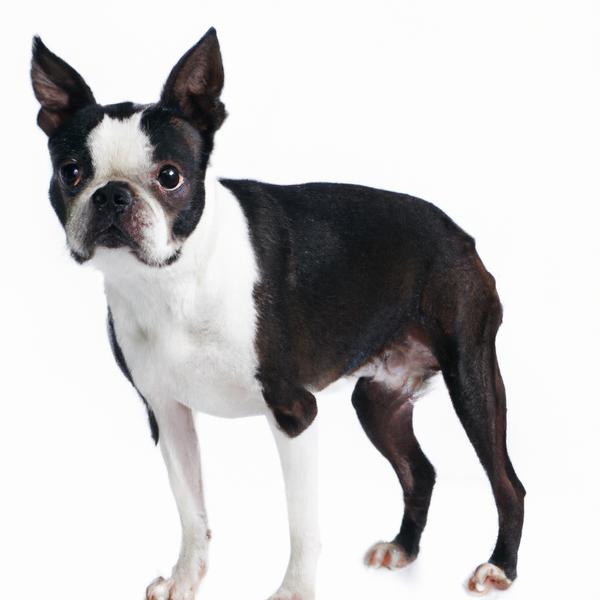
Boston Terrier
Elk-Kee vs Boston Terrier
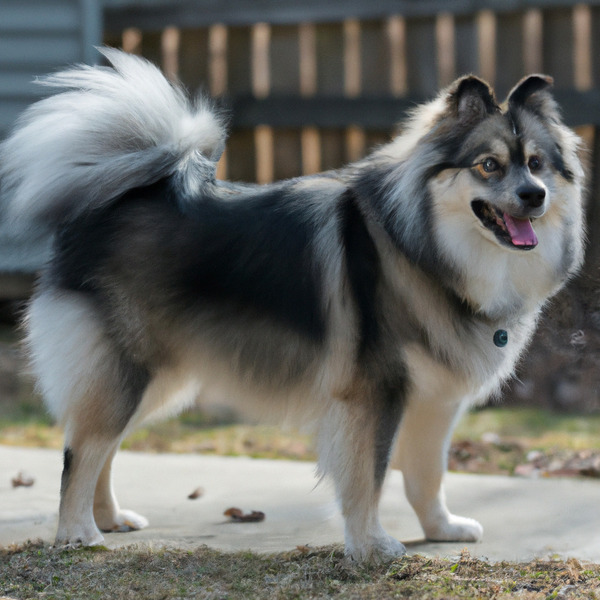
Pomsky
Elk-Kee vs Pomsky
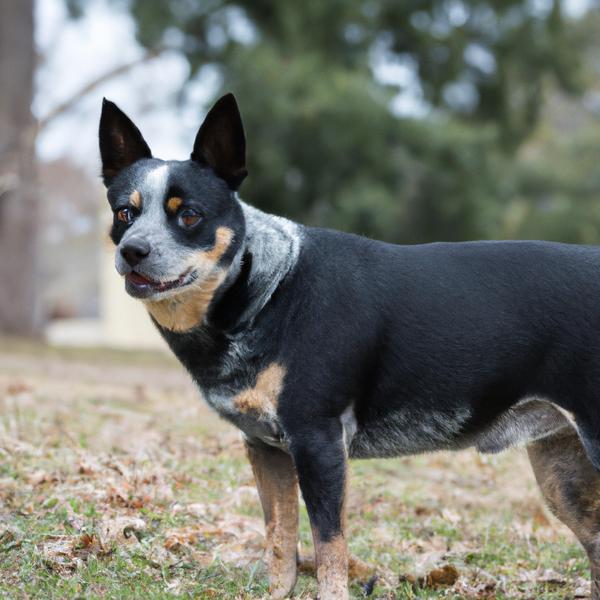
Boston Cattle Dog
Elk-Kee vs Boston Cattle Dog
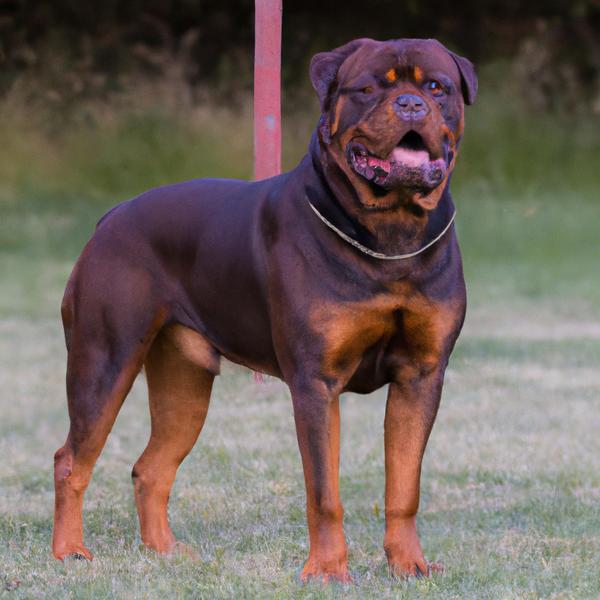
Rottie Bordeaux
Elk-Kee vs Rottie Bordeaux
